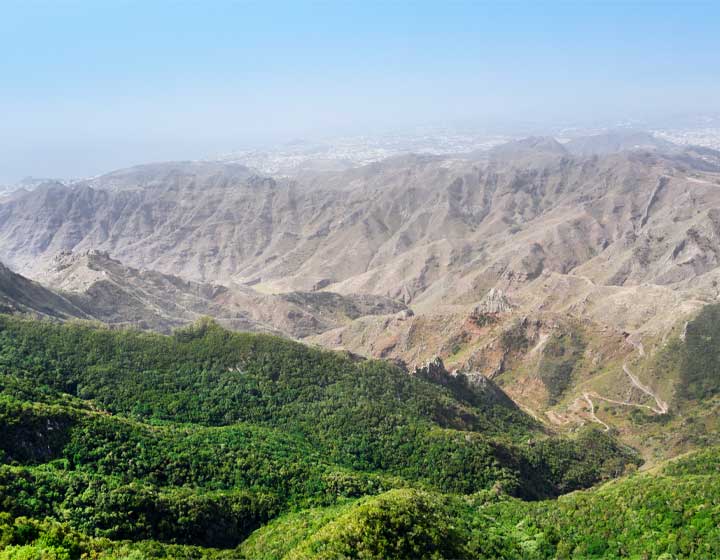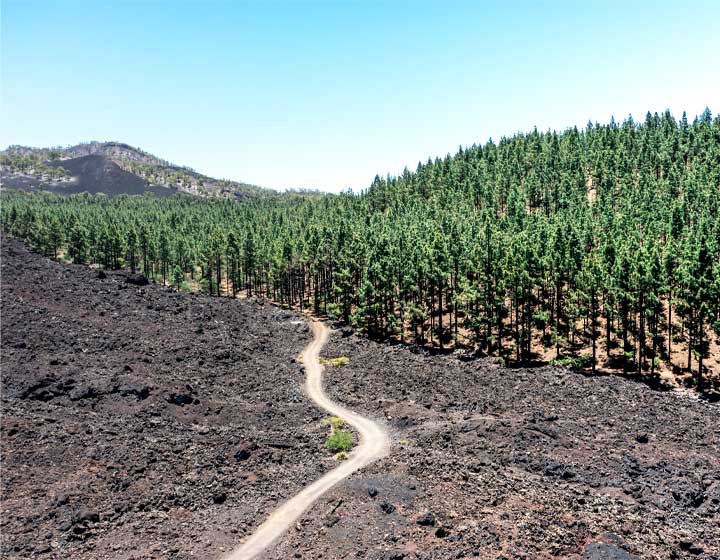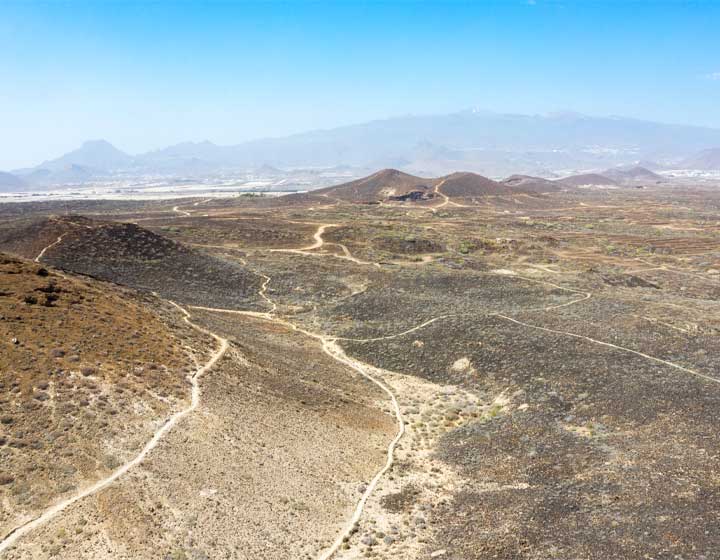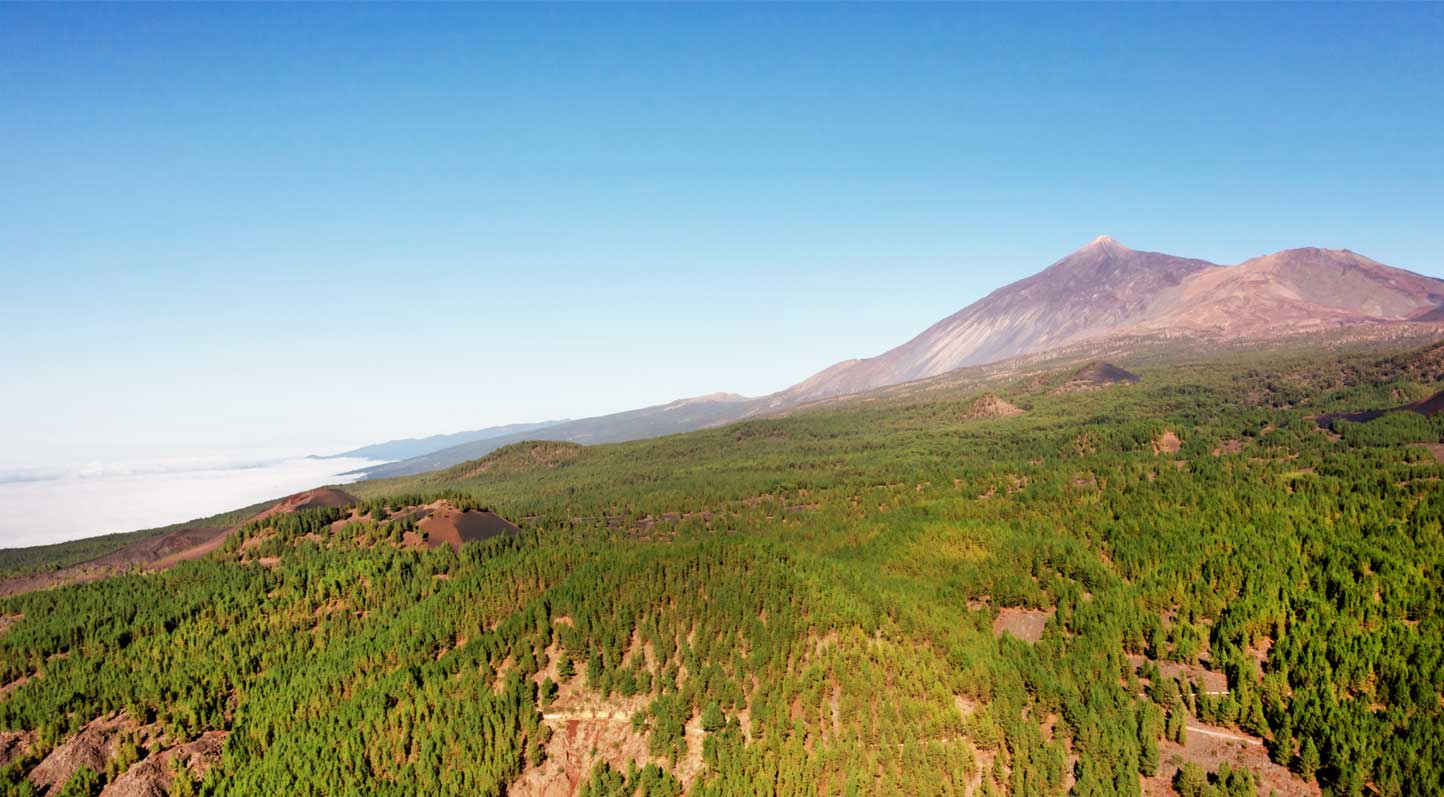
Tenerife Climate
Tenerife enjoys a subtropical climate, characterized by mild temperatures and abundant sunshine throughout the year. This climate makes it an ideal destination for outdoor activities, scuba diving, hiking, and many more.
General Climate Characteristics
Temperature:
The average temperature in Tenerife ranges from 19°C in winter to 28°C in summer. Coastal areas generally experience warmer temperatures than the higher altitudes, such as Mount Teide.
Rainfall:
Rainfall in Tenerife differs widely, with the north experiencing more frequent precipitation, while the south remains dry. This contrast is due to Tenerife’s central mountains, which block rain clouds from reaching the southern coast.
Sunshine:
Tenerife boasts an impressive number of sunny days, with over 300 per year. It's important to note that while one area may be experiencing rain, often in small parts of the island, other areas remain sunny. A drive of just 20-30 km can lead you back to clear skies and sunshine.
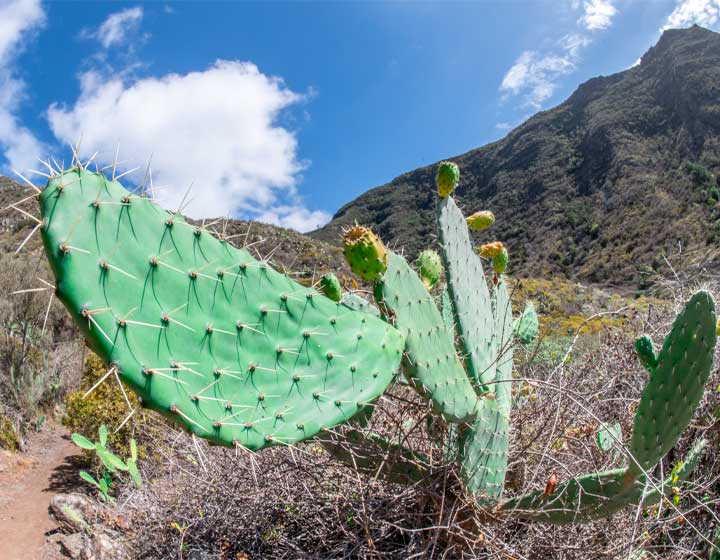
Water Temperature & Visibility
The island’s unique location near the African coast ensures comfortable water temperatures year-round. The water temperature around Tenerife remains relatively warm year-round, ranging from 19°C in winter to about 24°C in summer. This consistency allows for enjoyable diving conditions throughout the year. A 5mm wetsuit is recommended to ensure comfort and warmth during your dive. Visibility is another highlight—on a typical day, you can expect to see up to 30 meters ahead of you, ensuring clear views of the vibrant underwater world.
Regional Climate Diversity
Tenerife’s unique geography leads to significant climate variations across the island:
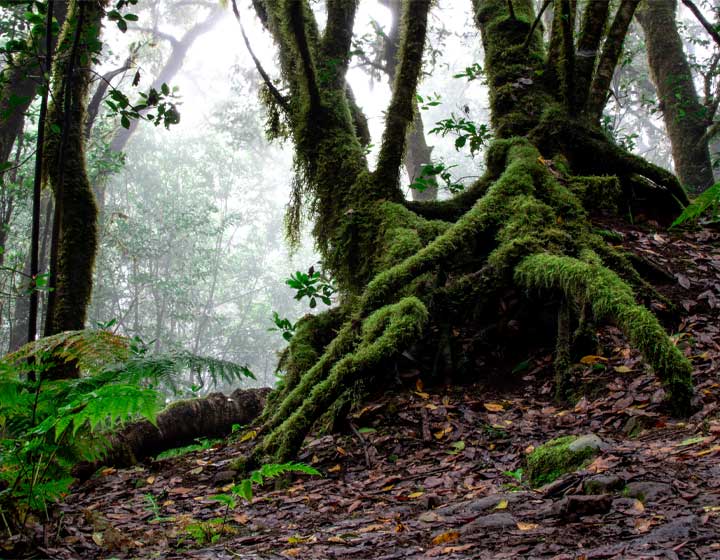
Northern Tenerife:
The northern region of Tenerife, including areas like La Laguna, Puerto de la Cruz, and the lush Anaga rainforest, enjoys a milder, more humid climate thanks to the trade winds. Anaga’s rich, green landscapes showcase Tenerife’s unique microclimates, contrasting sharply with the arid, desert-like conditions of the island’s southern areas only 50 km away
Southern Tenerife:
The southern part of Tenerife features a drier, sunnier climate, with consistently warm temperatures and very low rainfall.
Mount Teide Area:
The area around Mount Teide, the highest peak in Spain, features a high-altitude climate. Temperatures can drop significantly, especially at night, and snow can occasionally blanket the peak in winter. The contrast between the arid landscape and the lush forests at lower elevations is breathtaking.
